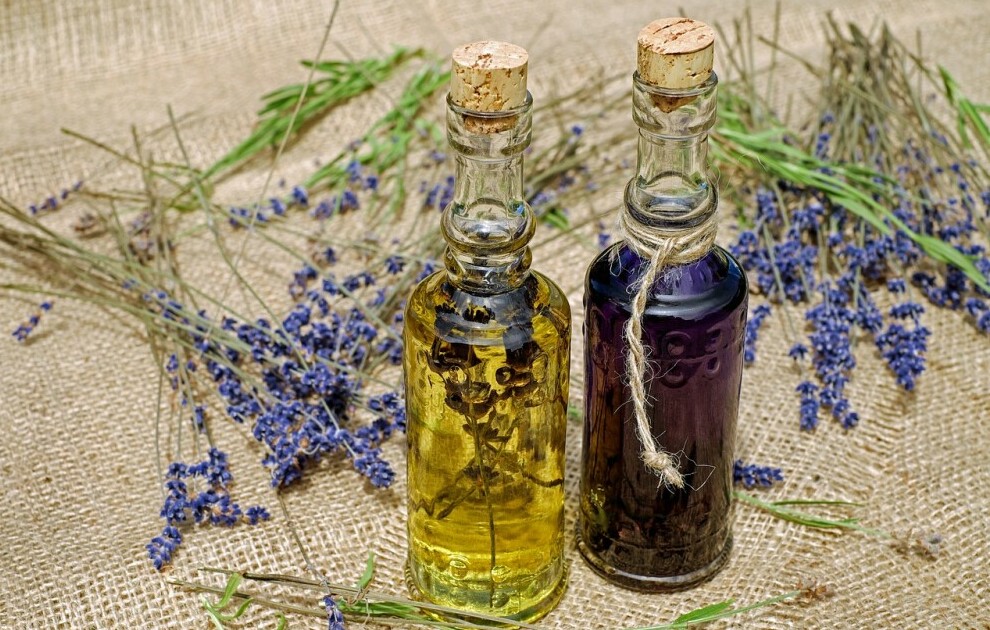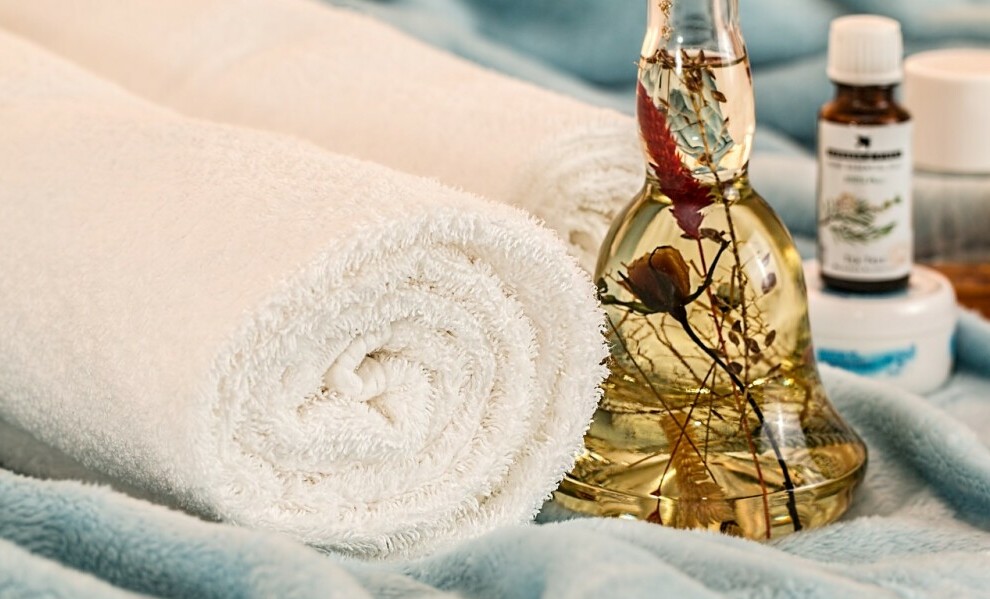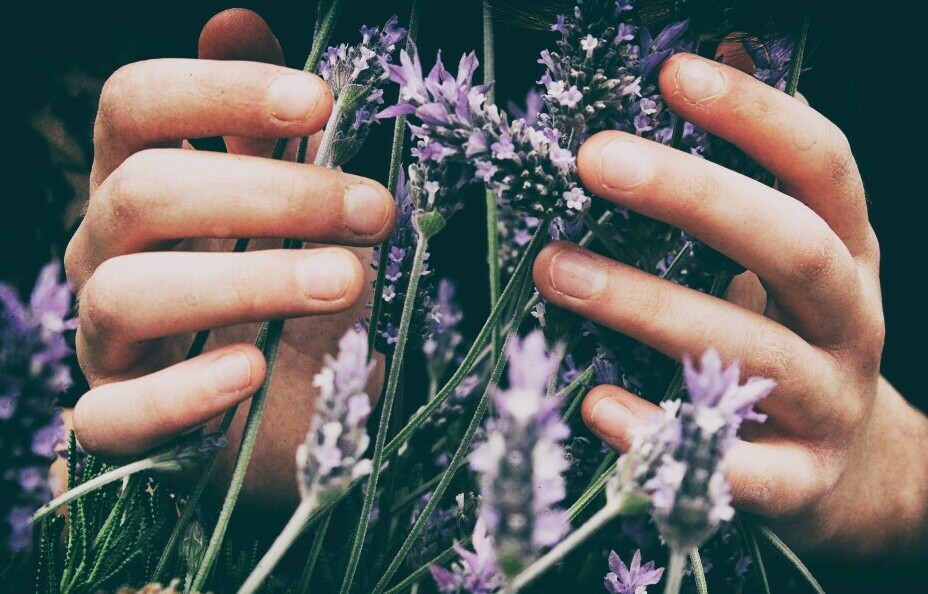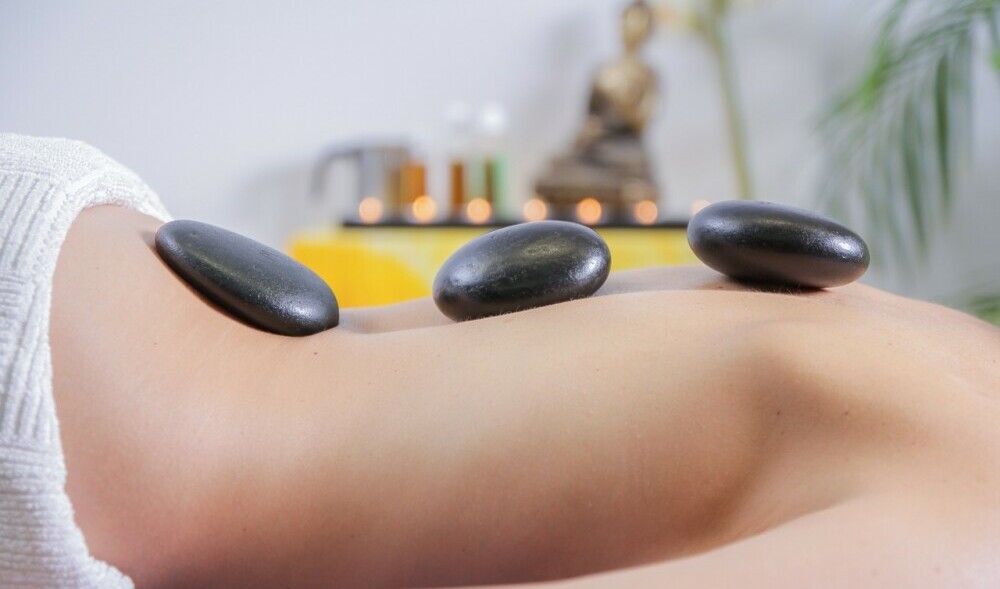Understanding Aromatherapy and Its Connection to Sleep
Definition of aromatherapy and its historical roots
In this post we look at the question of using aromatherapy for better sleep. Is there any substance to the practice? In other words, can aromatherapy contribute to a restful, restorative sleep?

Aromatherapy is an age-old holistic healing practice that utilizes natural plant extracts, known as essential oils, to promote physical and emotional well-being. Its historical roots can be traced back to ancient civilizations, where aromatic herbs and oils were employed for medicinal, cosmetic and spiritual purposes.
In ancient Egypt, scented oils were used during religious ceremonies, embalming rituals and as remedies for various ailments. The Greeks and Romans also embraced aromatherapy, incorporating fragrant oils into their bathing rituals, massages and medicinal practices. Traditional Chinese medicine and Ayurvedic medicine also have a rich history of using aromatic plants for therapeutic purposes.
As civilizations evolved, aromatherapy continued to be practiced and refined, with advancements in distillation and extraction techniques leading to the development of concentrated essential oils. Today, aromatherapy is widely recognized for its potential benefits in alleviating stress, improving sleep, boosting mood, easing muscle tension and supporting overall wellness.
Exploring the scientific rationale behind aromatherapy for sleep
Aromatherapy, the practice of using essential oils for therapeutic purposes, has gained popularity as a natural sleep aid. Its effectiveness is supported by scientific evidence suggesting that certain scents can influence the brain and nervous system, promoting relaxation and sleep.
The olfactory bulb, directly linked to the brain’s limbic system and amygdala, plays a crucial role in processing scents. When inhaled, essential oils stimulate these brain regions, affecting emotions, memories and physiological responses. Studies have shown that specific essential oils, such as lavender, chamomile and ylang-ylang, have sedative and calming effects, reducing anxiety and promoting sleep.
Additionally, aromatherapy can improve sleep quality by reducing nighttime awakenings and increasing the duration of deep sleep. The scientific rationale behind aromatherapy for sleep lies in its ability to modulate brain activity, reduce stress hormones and promote relaxation, ultimately leading to improved sleep outcomes.

Identifying the best essential oils known to promote relaxation and better sleep
In the realm of aromatherapy, essential oils have gained significant recognition for their therapeutic properties, including their ability to promote relaxation and enhance sleep quality. Among the vast array of essential oils, a select few stand out for their remarkable effectiveness in creating a calming and restful environment.
Lavender oil, with its soothing and calming aroma, has been extensively studied for its ability to reduce anxiety, improve sleep quality and alleviate insomnia.
Chamomile oil, known for its gentle and sedative properties, has been traditionally used to promote relaxation and combat sleep disturbances.
Ylang-ylang oil, with its sweet and floral fragrance, has been shown to reduce stress and anxiety levels, thus promoting better sleep.
Bergamot oil, characterized by its citrusy and uplifting aroma, has demonstrated promise in alleviating anxiety and improving sleep quality.
Finally, clary sage oil, with its herbaceous and slightly spicy scent, has been found to reduce stress and anxiety, thereby promoting relaxation and restful sleep.
Implementing Aromatherapy into Your Nighttime Routine
Step-by-step guide on safely using essential oils at home
1. Research and Choose High-Quality Oils: Begin by researching and selecting reputable brands that offer pure and therapeutic-grade essential oils. Look for organic, non-GMO and sustainably sourced options. Read labels carefully to ensure the oil is 100% pure and free from additives or fillers.
2. Dilute Oils Properly: Essential oils are highly concentrated, so dilution is crucial to prevent skin irritation or other adverse reactions. Dilute oils with a carrier oil such as jojoba, coconut or almond oil, before applying them to the skin. The general rule is to mix 1-3 drops of essential oil with 1 teaspoon of carrier oil.
3. Test for Skin Sensitivity: Before using an essential oil on a larger area of your skin, perform a patch test to check for any allergic reactions. Apply a small amount of diluted oil to a small area of your inner arm or behind your ear. Wait 24 hours to monitor for any redness, itching or irritation. If no reaction occurs the oil is likely safe to use.
4. Inhale Oils Aromatically: One of the safest ways to use essential oils is through inhalation. Add a few drops of oil to a diffuser or humidifier and let the aroma fill the room. Inhaling essential oils can help promote relaxation, improve mood and alleviate respiratory issues.
5. Apply Oils Topically: When applying essential oils to the skin, always dilute them with a carrier oil. Massage the diluted oil into the desired area, avoiding sensitive areas like the eyes, nose and mouth. Essential oils can be used for various purposes, including pain relief, muscle relaxation and skin care.
6. Use Oils in Cleaning and Household Products: Essential oils can also be incorporated into cleaning and household products. Add a few drops of oil to a spray bottle filled with water to create a natural air freshener or room spray. You can also add oils to homemade cleaning solutions, such as all-purpose cleaner or laundry detergent for a fresh and natural scent.
7. Store Oils Properly: Essential oils should be stored in dark glass bottles in a cool, dry place away from direct sunlight. Keep the bottles tightly sealed to prevent evaporation and maintain the potency of the oils.

Innovative methods to disperse scents throughout the bedroom
Aromatherapy, the practice of using scents to enhance well-being, has gained immense popularity for its ability to create a relaxing and therapeutic atmosphere. The bedroom, being a personal sanctuary dedicated to rest and rejuvenation, presents an ideal space to incorporate aromatherapy. Several innovative methods can be employed to disperse aromatherapy scents throughout the bedroom, each offering unique benefits.
One approach is to utilize an essential oil diffuser, which releases a fine mist of scented oil into the air. This method allows for precise control over the intensity and duration of the scent, making it suitable for creating a specific ambiance. Alternatively, scented candles can be strategically placed around the room, providing a warm and inviting glow while releasing a soothing fragrance.
For those seeking a more subtle approach, aromatherapy sprays can be misted onto linens, pillows or curtains, gently infusing the fabrics with a delicate scent. Additionally, incorporating scented sachets filled with dried herbs or flowers into the bedroom décor adds a touch of elegance while releasing a pleasant aroma.
By exploring these innovative methods, individuals can create a personalized aromatherapy experience that enhances their bedroom environment and promotes relaxation, tranquility and overall well-being.
Enhancing Your Sleep Quality Beyond Aromatherapy
Additional lifestyle changes and habits that complement aromatherapy
In addition to incorporating aromatherapy into your routine, there are several lifestyle changes and habits that can complement its benefits and enhance your overall well-being:
Healthy Diet: Eating a balanced and nutritious diet rich in fruits, vegetables, whole grains and lean proteins can support your physical and mental health. A healthy diet can help reduce inflammation, improve mood and boost energy levels, all of which can be positively influenced by aromatherapy.
Regular Exercise: Engaging in regular physical activity has numerous benefits for both your physical and mental health. Exercise can help reduce stress, improve sleep quality and boost your mood. These benefits can complement the effects of aromatherapy, creating a synergistic impact on your overall well-being.
Adequate Sleep: Getting enough restful sleep is crucial for your physical and mental health. When you’re sleep-deprived, you may be more susceptible to stress, anxiety and fatigue. Prioritizing good sleep hygiene, such as maintaining a regular sleep schedule, creating a relaxing bedtime routine and ensuring a comfortable sleep environment, can enhance the benefits of aromatherapy.
Stress Management Techniques: Incorporating stress management techniques into your daily routine can help reduce the negative impact of stress on your physical and mental health. Practices such as meditation, deep breathing exercises, yoga and spending time in nature can help you manage stress and anxiety, complementing the calming and relaxing effects of aromatherapy.
Social Support: Maintaining strong social connections and relationships can have a positive impact on your mental and emotional well-being. Spending time with loved ones, engaging in social activities and seeking support when needed can help reduce stress, improve mood and promote a sense of belonging, all of which can enhance the benefits of aromatherapy.

The importance of a holistic approach to sleep hygiene
Sleep hygiene encompasses a range of practices and habits that promote optimal sleep quality and duration. It involves creating a conducive sleep environment, establishing a consistent sleep schedule, engaging in relaxing activities before bedtime, avoiding excessive caffeine and alcohol consumption and maintaining a healthy lifestyle.
A holistic approach to sleep hygiene recognizes the interconnectedness of physical, mental and emotional well-being in achieving restful sleep. By addressing various factors that influence sleep, such as stress management, proper nutrition and regular exercise, individuals can improve their overall sleep hygiene and experience the numerous benefits associated with quality sleep, including enhanced cognitive function, improved mood, increased energy levels and a strengthened immune system.
Prioritizing sleep hygiene is essential for maintaining long-term health and well-being, as it plays a crucial role in physical and mental restoration, rejuvenation and overall quality of life.
Aromatherapy and Pets
While essential oils can provide numerous benefits to humans, their effects on pets can be quite different. The metabolism of essential oils in pets is not fully understood and some oils can be toxic if ingested or applied to the skin.
For example, essential oils containing phenols, such as tea tree oil, oregano oil and clove oil, can cause liver damage in cats and dogs. Oils containing terpenes, such as eucalyptus oil, peppermint oil and pine oil, can cause neurological problems in pets. Additionally, some essential oils, such as citrus oils, can cause skin irritation and photosensitivity in pets.
Due to these potential risks, it is generally recommended to avoid using essential oils around pets, especially if they are likely to ingest or come into contact with the oils. If you are considering using essential oils in your home, be sure to research the safety of the oils you are considering and take steps to keep them out of reach of your pets.

Resources and professional advice for those struggling with sleep disorders
Sleep disorders can significantly impact an individual’s quality of life, leading to daytime fatigue, irritability and difficulty concentrating. For those struggling with sleep issues, there are numerous resources and professional advice available to help manage and improve sleep. These resources include online platforms, support groups and sleep clinics that provide comprehensive evaluations and personalized treatment plans.
Additionally, seeking professional advice from healthcare providers, such as sleep specialists or psychologists, can be beneficial in addressing underlying medical conditions or psychological factors contributing to sleep disturbances. By utilizing these resources and following expert guidance, individuals can take proactive steps towards improving their sleep quality and overall well-being.
See post on Natural Remedies for Insomnia–> Natural Remedies for Insomnia
I hope you have enjoyed, and will benefit from, this content. If you have questions or comments, I’d love to hear from you in the ‘Leave a Reply’ section below. Finally, if you would like to be notified as updates are made here at 65 and Fabulous enter your name and best email in the form below.

Grant Rayner
